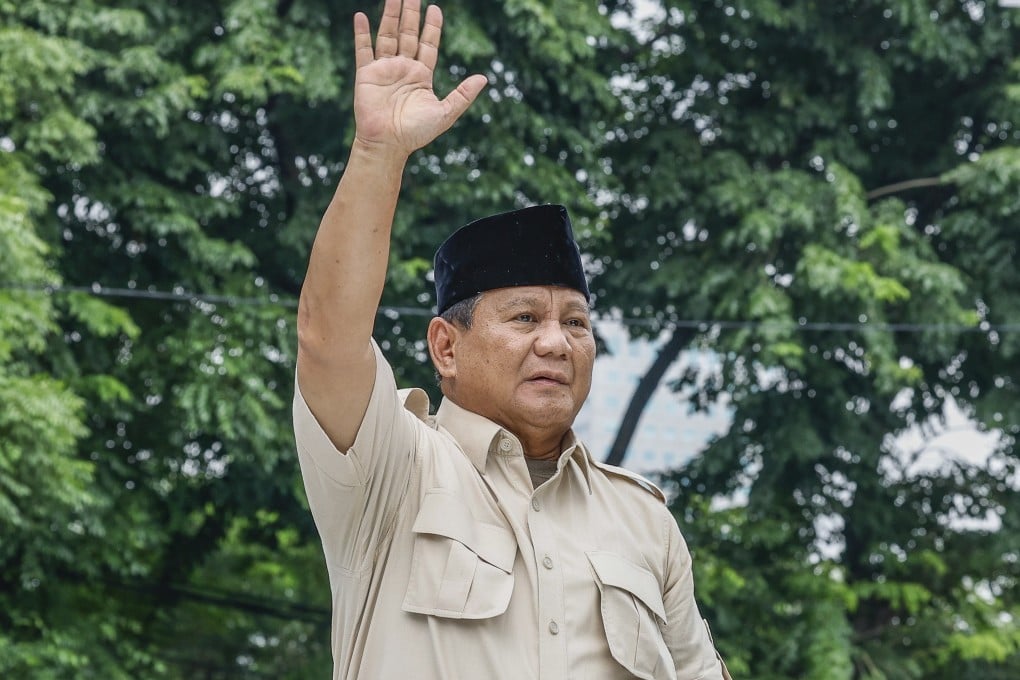Indonesia-China ties: will president-elect Prabowo confront Beijing or maintain Widodo’s economic deals?
- Several analysts say Prabowo is unlikely to do anything to upend the economic cooperation outgoing president Joko Widodo has established with China
- But, one observer believes Prabowo may use Indonesia’s non-aligned position to benefit from both Washington and Beijing’s competing interests in the country

Indeed, Prabowo promised as much when articulating his foreign policy on the campaign trail. During a November talk at the Centre for Strategic and International Studies think tank in Jakarta, Prabowo told the audience Indonesia would “maintain our independent foreign policy”, saying the country would not join any military or geopolitical bloc while preserving good relations with all of its neighbours.
Nur Rachmat Yuliantoro, head of the international relations department at Gadjah Mada University in Yogyakarta, said Prabowo may use Indonesia’s non-aligned position to benefit from both of the superpowers’ competing interests in the country.
“He sees China as a major actor that can be a sufficient counterweight to the power of another major actor, the United States,” Nur said. “Indonesia is likely to continue to take a position in the middle while trying to maximise the benefits of available security guarantees.”
